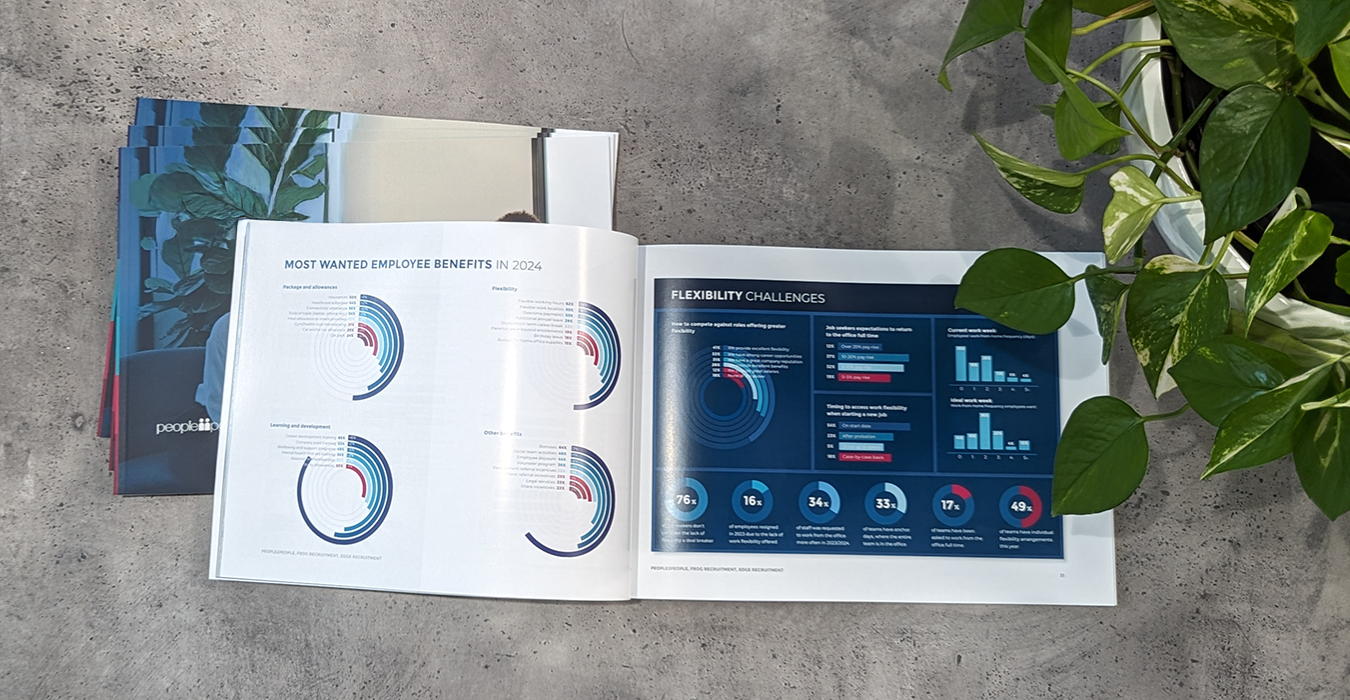Customs Broker - Hire or get hired
Your guide to the Customs Broker Role: Salary & hiring tips
Recruiting a Customs Broker or looking for your next Customs Broker job?
As a specialist recruitment agency in Supply Chain, we work with top Customs Brokers and senior supply chain and logistics leaders across Australia, New Zealand, and the UK. Whether you're looking to hire a permanent Customs Broker or need a contract financial executive to guide your business through change, our recruitment consultants have the expertise and market insight to help.
We’ve placed dozens of senior supply chain and logistics professionals into roles across industries, from ASX-listed corporations to fast-growing SMEs. Our understanding of the talent landscape allows us to connect employers with supply chain and logistics professionals who not only meet technical requirements but align with leadership and cultural needs too.
Whether you're an employer seeking a skilled Customs Broker or a candidate ready for your next career move, we can help.
Submit your resume or request top talent today – our expert Supply Chain recruiters are ready to assist.
of supply chain teams plan to grow their teams in 2025.
of managers offer upskilling and flexible hours to offset limited work-from-home options.
of teams describe themselves as slightly or signifcantly under-resourced.
How to hire a Customs Broker:
Our recruitment process
Step 1: Initial Consultation and Role Briefing
Our process begins with a detailed consultation. We meet with you to understand the role, required skills, experience level, and cultural fit. This ensures the search is tailored to your business needs.
Step 2: Candidate Sourcing and Advertising
Once the brief is clear, we promote your vacancy across job boards, LinkedIn, our AI tools, and internal database. Our recruiters also headhunt passive candidates, ensuring you reach both active job seekers and hidden talent.
Step 3: Screening and Shortlisting
We review applications, conduct phone or video interviews, verify qualifications, and check references. Only the top candidates are shortlisted, saving you time and ensuring you meet the most suitable professionals.
Step 4: Interviews and Employer Selection
Shortlisted candidates are presented to you for interview. We manage scheduling, prepare candidates, and provide you with market insights to help evaluate and compare applicants effectively.
Step 5: Offer Negotiation and Onboarding Support
After you choose your preferred candidate, we assist with salary negotiations, and manage counter-offers. We also follow up after placement to ensure long-term success.

Our latest jobs
Supply Chain Market Update
Looking ahead to 2025, hiring demand for Warehousing roles has decreased to 42%, while Transport roles have become more prominent, rising to 33%. Skills shortages persist, particularly in Warehousing (36%), Transport (30%), and Procurement (24%). AI is increasingly influencing the sector, with predictive analytics (50%), real-time data tracking (47%), and warehouse management systems (43%) emerging as critical skills. Certifications and upskilling initiatives (25%) have become a more common retention strategy, but over half of employers still offer no additional benefits. As technology continues to reshape supply chains, professionals with technical expertise and adaptability will be crucial in driving industry success.



